The conviction of top chemist Charles Lieber in December 2021 on charges related to millions of dollars in funding that the US Department of Justice (DOJ) claims he received from the Chinese government shocked the research community in the US and beyond. Lieber joined Harvard as a full professor in 1992 and had run the university’s chemistry department for years. His case is the most prominent of a slew of US academic scientists pursued by the DOJ for supposedly using their talents to benefit China and enrich themselves. These prosecutions were brought under the US government’s now-defunct China Initiative. That controversial programme resulted in some convictions, including that of former Ohio State University rheumatology researcher Song Guo Zheng, sentenced to 37 months in prison. But most academics charged under the scheme were never tried or convicted yet still saw their careers and personal lives turned upside down.
Who is Charles Lieber?
At the time of his arrest in January 2020, Lieber was the 60-year-old chair of Harvard University’s department of chemistry and chemical biology. As a nanoscience pioneer, he and his research group had received more than $15 million (£12 million) in grants from the US National Institutes of Health (NIH) and Department of Defense. Over his career, Lieber published more than 400 research papers, and he was the principal inventor on more than 50 patents. Lieber’s contributions to nanotechnology also earned him the Wolf Prize in Chemistry in 2012.
Why was Lieber arrested?
He was arrested in his office at Harvard, after being questioned by Federal Bureau of Investigation (FBI) agents on campus. Lieber came under scrutiny because the grants on which he served as principal investigator required the disclosure of any significant foreign financial conflicts of interest, including funding from other governments or international entities. However, Lieber had failed to report to Harvard or his funder that he had become a ‘strategic scientist’ at Wuhan University of Technology in China and had participated in China’s ‘Thousand Talents’ recruitment scheme – the government’s strategy to attract and cultivate high-level technical talent to further China’s scientific and technological development, economic prosperity and national security – from around 2012 to 2017.
Lieber was originally charged with one count of making a ‘materially false, fictitious and fraudulent’ statement under the China Initiative. He told investigators that he was never asked to participate in the ‘Thousand Talents’ programme and ‘wasn’t sure’ how China categorised him. Under Lieber’s three-year Thousand Talents contract, the Wuhan University of Technology paid him up to $50,000 per month in salary, as well as living expenses of up to $150,000, and more than $1.5 million to establish a research lab at the university, according to the DOJ.
In exchange for the funding, Lieber agreed to work for the Chinese university at least nine months per year, performing duties like ‘cultivating young teachers and PhD students’, organising international conferences, as well as applying for patents and publishing articles with Wuhan University of Technology as his affiliation.
When the NIH asked officials at Harvard whether Lieber had disclosed his then-suspected relationship with Wuhan and China’s Thousand Talents scheme, the university provided the agency with false information based on Lieber’s statements. These included that he had no formal association with Wuhan University of Technology after 2012 and that he is not and never was a participant in the Thousand Talents scheme, the DOJ said. Two days after being detained, Lieber was released on a $1 million bond.
What is the China Initiative and how does it fit into this case?
The China Initiative was launched in 2018 during the Trump administration’s crack down on Chinese state-backed espionage and efforts to steal US intellectual property or trade secrets from universities and industry. The programme came under growing criticism from academics and others who argued that was tantamount to racial profiling of researchers and was harming America’s scientific enterprise.
The US government ultimately cancelled the controversial programme in February 2022, after many of the DOJ’s criminal cases brought against academic researchers were thrown out.
What was Lieber found guilty of?
In December 2021, after a six-day trial, he was convicted of two counts of making false statements to federal authorities, two counts involving a false income tax return and two counts of failing to report foreign bank and financial accounts to the US Internal Revenue Service (IRS). Lieber did not report the income he earned from Wuhan to the IRS on his federal income tax returns, according to the DOJ.
The government’s case against him was bolstered by the fact that Lieber essentially admitted on tape to misleading FBI agents, hiding the fact that he had accepted significant funding from WUT and failing to declare payments he received during visits to China. His supporters note, however, that he was not charged or convicted of spying or stealing trade secrets.
Lieber’s defence team argued that his statement about not knowing how China classified his status wasn’t dishonest because he could not be certain. His lawyers also said there was no proof that Lieber purposely didn’t report the income that he earned from the Chinese university.
More than a year after his arrest, dozens of prominent scientists including many Nobel laureates spoke up for Lieber in a March 2021 open letter. They called the DOJ’s case against him ‘unjust’ and urged the agency to drop it. Their letter also described Lieber as ‘one of the great scientists of his generation’ and warned that government actions against academic like him are having ‘a chilling effect’ on international scientific collaboration.
Why did his sentencing take so long?
Lieber, who faced a maximum of 26 years in prison and $1.2 million in fines, requested that his trial be expedited about two years ago due to his lymphoma diagnosis. His sentence was handed down on 26 April, and he avoided prison time.
Lieber’s sentencing was originally set for 11 January and was then rescheduled at least three times in March. His sentencing date of 13 April was delayed again to 26 April because the Probation Office didn’t release its first draft pre-sentence report on time.
In the end, Lieber was sentenced to time served, along with two years of supervised release with six months under house arrest, plus a $50,000 fine, and $33,600 in restitution to the IRS.
Where is Lieber now?
Lieber, who is living with advanced lymphoma and had been on paid administrative leave since his arrest, officially retired in February with little fanfare. The following month, Harvard announced that quantum physicist Mikhail Lukin will succeed him as its Joshua and Beth Friedman University Professor.





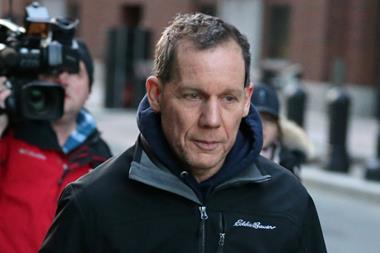
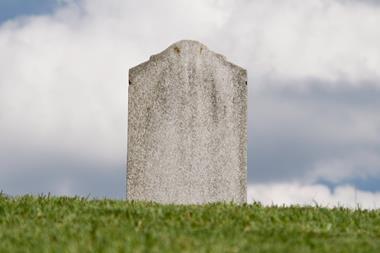

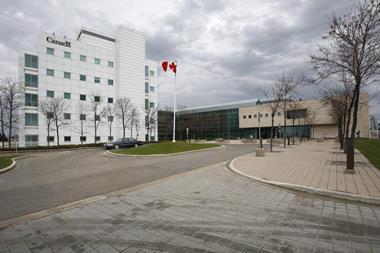
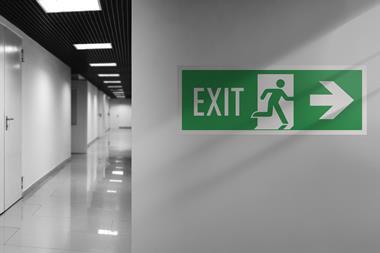
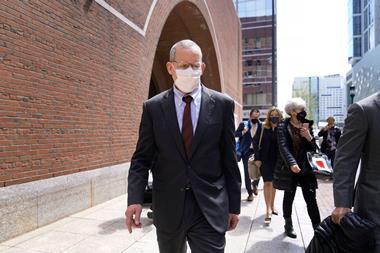






No comments yet